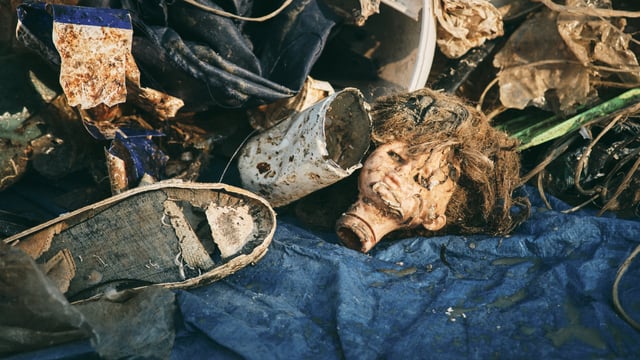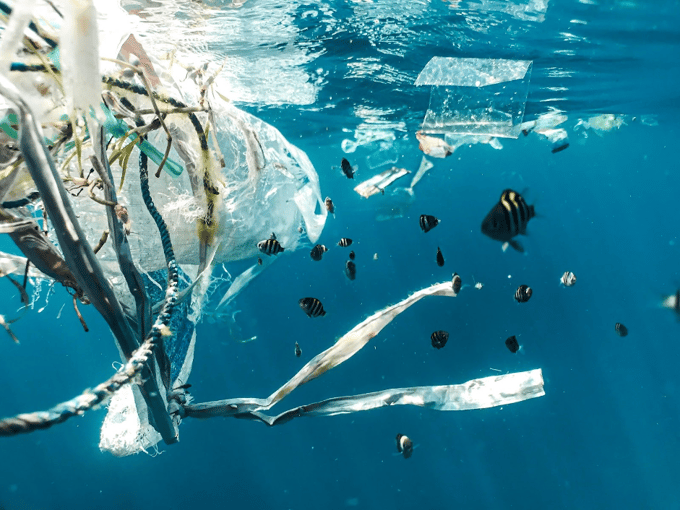The amount of plastic that ends up in the sea every day is shocking: 53,000 tons per year, which equates to 145,000 kilos per day.

Plastic does not biodegrade, but instead it breaks down into smaller pieces until it is ubiquitous.
For example, microplastics measuring less than five millimeters have been found in the Arctic Ice and even in our bodies. These microscopic pieces of plastic are saturating the food chain, particularly the water we drink.
The scientific community has been researching the extent of plastic consumption and its potential harm to humans for years, publishing numerous reports. According to a recent study by WWF International, people may be consuming the equivalent of a credit card's worth of plastic each week, or 5 grams.
If a plastic bottle contains 10 grams of plastic, we could be ingesting at least 2 bottles' worth of plastic per month, 24 per year, and 240 every 10 years. Over an average human lifespan of 79 years, we could consume 20 kg of plastic, equivalent to two mobile recycling bins.

This evidence suggests that we have underestimated the potential impact of this ubiquitous material on our health. Scientists are not yet able to fully determine the counterproductive effects of plastic ingestion on our health.
One thing is clear: the plastic we produce comes back to us in some form or another. This is a major concern and one that motivates organizations like Ogyre to continue collecting ocean litter for the sake of our planet and our bodies.
Ogyre is a lifestyle, a catalyst for change.
If you believe the Earth deserves better, then Ogyre is what you need.


